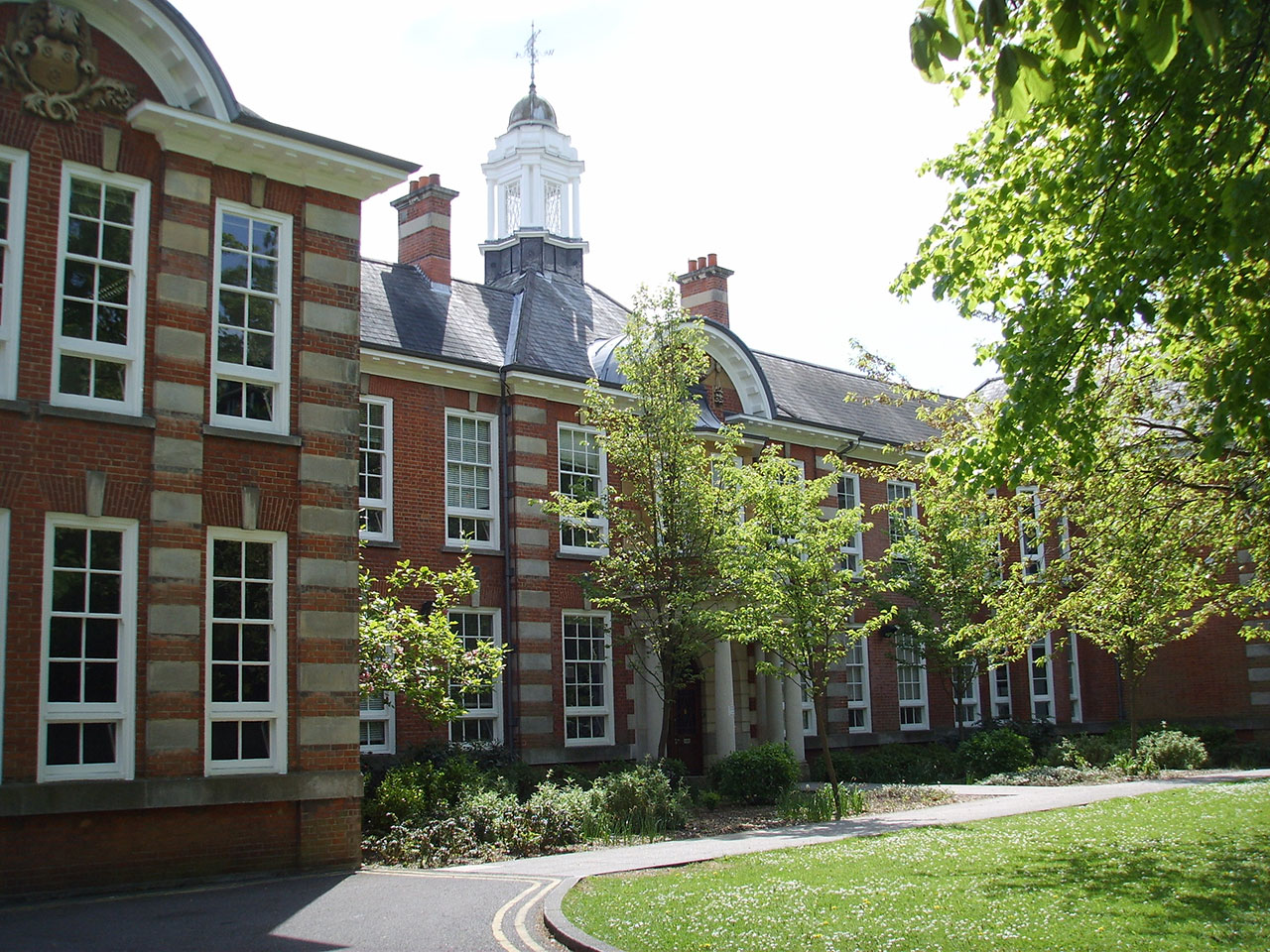University of Southampton
Southampton, a major port & city on the South coast of England. REQUEST INFORMATION
KEY INFORMATION:
Southampton is notable for its association with the RMS TItanic and the Spitfire plane. During the Second World War it was one of the departure points for D-Day and is now the home port of a number of the world’s largest cruise ships. Southampton has a population of approximately 254,000.



UG 14400
PG 7600



Six steps to University of Southampton
Our method to your success
FREE CONSULTATION MEETING
REPORT & INSTITUTION SHORTLIST
APPLY & RECEIVE AN OFFER
WOO HOO! YOUR OFFER IS ACCEPTED
ARRIVAL & POST ARRIVAL SUPPORT
WE ARE WITH YOU EVERY STEP OF THE WAY
LOCATION:
Southampton Airport is only four miles away from the city centre and there is a University bus link which operates at least every 20 minutes. Southampton Airport serves 40 European destinations. Gatwick Airport, one of the UK's major international airports providing flights to more than 200 destinations across Europe, Asia and Africa, is two hour’s drive or a two hour train journey from Southampton. Road and rail links are good and Southampton is just over 80 miles from London.The average lowest temperature in the Southampton area is .5 degrees in January. The average highest temperature is 20 degrees in July.
REQUEST INFORMATION..

Request Information - University Courses
HISTORY:
The history of the university can be traced back to the mid nineteenth century when Henry Robinson Hartley left a legacy to the Corporation of Southampton which resulted in the foundation of the Hartley Institution in 1862. By 1902 the Institution had developed into the Hartley University College with degrees awarded by the University of London. In 1952, the institution was granted a Royal Charter to give the University of Southampton full university status.Today the University is arranged into five faculties: Arts and Humanities, Engineering and Physical Sciences, Environmental and Life Sciences, Medicine and Social Sciences.Sir Tim Berners-Lee who is famous for the creation of the World Wide Web is Professor of Computer Science at the University of Southampton; the university is pioneering the development of Web Science the study of which aims to provide an understanding of the Web as a social and technical phenomenon.
LOCATION:
Southampton is a medium sized city located on the south coast of England. It’s a 70-minute journey from London by direct train and there are good public transport links and student bus services to surrounding towns and cities.Highfield campus (the main campus) is approximately 3 miles from Southampton city centre. All halls of residence are located within walking distance of the main Highfield campus, sports facilities and social centres.Its South Coast location makes it one of the warmest and sunniest places to study in the UK. It’s also an accessible city: cycle routes and Unilink buses make it easy to get around town. Finally, Southampton is a green city filled with parks and waterside walks.
RANKING:
University of Southampton is ranked 127th in the Times Higher Education rankings, it is also ranked between 101-150th in the Shanghai Jaio Tong rankings. The University of Southampton is a global top 100 university.
Southampton is also ranked 77th in the world according to the QS World University Rankings (2022) and 15th in UK according to the Complete University Guide 2022.
It is ranked 1st in the UK for Civil Engineering and Electrical & Electronic Engineering according to the Guardian University Guide 2021.Southampton is also a founding member of the Russell Group of universities.
INTERNATIONAL:
Southampton welcomes more than 6,500 students from over 135 countries to its student community. The represents about 34% of all students.
SIZE:
Southampton has a total of approximately 22,000 enrolled students, including around 14,400 undergraduates and 7,600 postgraduates.
FACILITIES:
The University of Southampton has more than 300 affiliated societies and clubs for students to join, including: Aikido; Quidditch; Caving; Film and Pottery. Highfield Campus houses three art venues which are supported by both the University and Arts Council England.Sport is well catered across various sites with a 170 station fitness suite; 25 metre swimming pool; two sports halls with badminton, tennis, netball, volleyball, basketball and squash courts. Students can also participate in martial arts, archery, rifle shooting, indoor climbing, dance and more. Team Southampton also have 90 sports teams competing at national level.Being located by both the coast and the rivers Test and Itchen, Southampton has 3 watersports centres with a wide variety of boats, yachts and equipment. Whether you're a beginner or a professional, you'll be able to sail, windsurf, kayak and powerboat at a level that's right for you.On campus there are two NHS practices, a creche, banks and The Student Union complex offering a cafe, a hair and beauty salon, a cinema and a mini-mart.
ACCOMMODATION:
Southampton has 8 Halls of Residence and guarantees a room for international undergraduate students for the whole duration of their course.The lowest cost for a single bedroom with shared bathroom and kitchen is £119.21* per week. An example cost for catered accommodation is £154.00* at Wessex Lane.
*Fees for the 2021/22 academic yearThere are options to live close to campuses or in the city centre. Southampton Halls Students also have a free bus pass to help get around the city.
COST:
International fees
Fees for full time undergraduate courses start at £18,520 for most Arts, Humanities, Social Science and Business based subjects rising to £22,760 for most Engineering and Science subjects.
Medicine-£23,738 years 1&2, £46,992 for yrs 3-5
SUBJECT AREAS:
REF (Research Excellence Framework) was an independent government review conducted into the quality of research at UK universities and published in December 2014. This information highlights subjects of specialism within each university. We have listed all subject areas where at least 60% of the research conducted in these specific fields has been graded 3 or 4 stars. (4 stars being the highest ranking REF award). For more information, please visit the REF Information page.
ONLINE COURSES:
The University offers a number of distance learning courses including; MSc Gerontology, MSc Education & MSc Neonatology.
LIFE AT University of Southampton
We have been helping overseas students gain entrance to University of Southampton for a number of years now, progressing to high profile careers in the UK. Find out more about this school below.
Review
Coming Soon
 LOOKING FOR AN ONLINE COURSE?
Our team can help you find a relevant course for your study.
BOOK A CALL
LOOKING FOR AN ONLINE COURSE?
Our team can help you find a relevant course for your study.
BOOK A CALL
DOWNLOAD YOUR FREE GUIDE TO A QUALITY UK EDUCATION
Sign up to our free Newsletter and you'll get a free copy of our guide to accessing a UK education to help you navigate the entire process.
REQUEST INFORMATION..
Get free instant access to exclusive content and join our monthly email guide
We’re with you every step of the way and will keep you updated on the latest UK education news. Find out more about joining.
